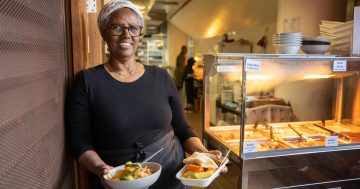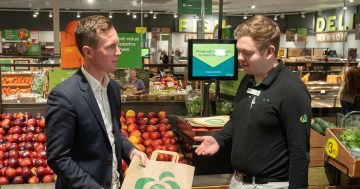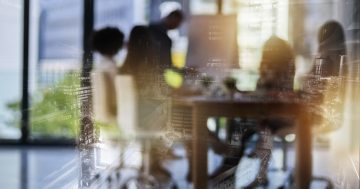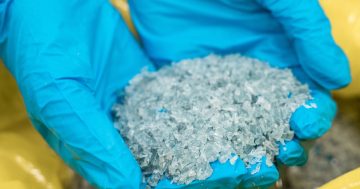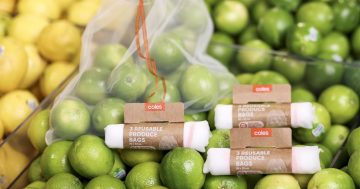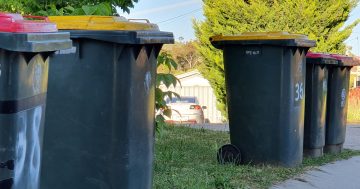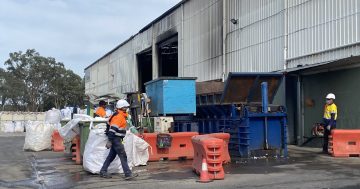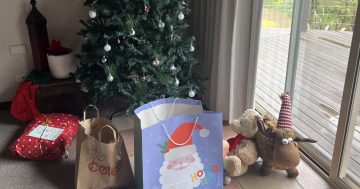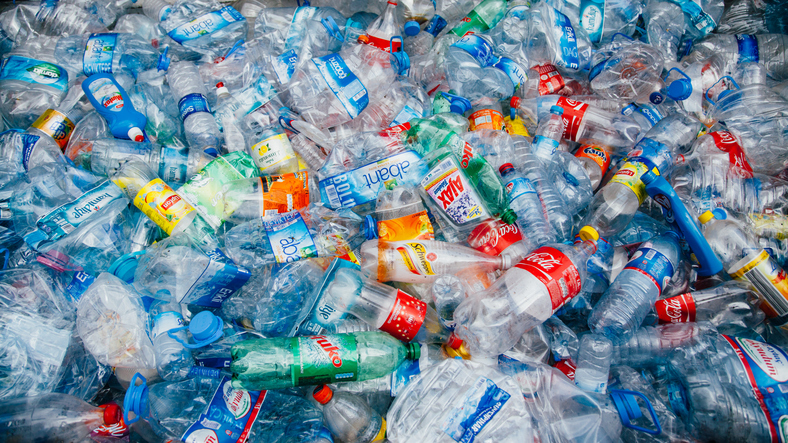
Suddenly it seems that Canberrans are talking rubbish! And this is a good thing.
Hot on the heels of the conversation generated by the ABC’s ‘War on Waste’, a new campaign ‘Plastic Free July’ provides us with a new opportunity to reflect on how wasteful modern life can be and a chance make a commitment to reduce our impact on the planet.
Plastic, from clingwrap, plastic bags, plastic storage containers and takeaway coffee cups, is something that permeates our everyday life. When first invented, plastics were environmentally important as they replaced the use of ivory, tortoiseshell, horn and other plant and animal products. Today however, they are having a significant impact on our planet, particularly in our oceans. The use is staggering – over 1 billion tonnes of plastic was produced in the last half of the 20th century and in the first ten years of this century this figure has more than doubled! And this is for products that we may use for a couple of minutes and throw away, but can basically last forever.
Plastic Free July focuses on the fact that while many plastics can be recycled, this will never be the whole solution. It suggests a strategy of refuse, reduce and reuse. This campaign started in Western Australia but has grown into a global movement.
There are plenty of Canberrans who have got involved and so I was interested to hear from one of these about why and what they are doing in Plastic Free July. Viv Lightfoot is a local Canberra artist who practices ceramic sculpting. As someone whose work often reflects on the blind spots around caring for this planet, she felt that this was a great thing to make a commitment to.
Viv’s approach recognises that giving up plastic is tough. One early focus was how to get rid of the ever-useful plastic bin liner. She came up with some ideas, including putting her organic waste in the worm farm. She has given up clingwrap and opted for wax covered cloths. She is thinking hard about the packaging her food comes in and has stopped buying food in plastic containers – and that includes the milk containers (only cardboard containers now). She is using paper bags and just not putting her veggies in bags, often buying smaller quantities to reduce waste. Viv is also making much more of her own food – from yoghurt to hummus and muesli. She is finding that this is also saving her money and is pretty yummy as well. For things like washing detergent and shampoo, she is using less than usual and looking at natural alternatives such as vinegar, bicarbonate soda and lemon juice (that’s for the dishes not the hair). She also has a whole lot of suggestions of easy things people can do – from carrying your own thermal cup, disposing of dust collected after sweeping into the garden rather than the bin and of course carrying your own bags when shopping
Viv’s commitment shows what a difference that one person can make, and shows that additional benefits can also be achieved, such as saving money and eating more healthily. I find Viv’s actions inspiring and has motivated me to make many changes in the way my household uses plastic.
The Plastic Free July campaign highlights just how much plastic there is in our lives and provides a focus for individual action which is a fantastic first step. We need these types of campaigns to be complemented by broad community action. Whether it be through legislative change, new initiatives or broad education, the Canberra community is one that can be a model community. We need strong community support and leadership from our decision makers to make this happen. We have great examples of how this has occurred before– we have some of the highest recycling rates in Australia and were early adopters of the plastic bag ban but there is still more to do. The plastic bag ban could be enhanced by requirements to make all plastic bags fully compostable and we will be introducing a container collection scheme are just some ideas to help Canberrans reduce their reliance on plastic.
I think Plastic Free July is a great way to personally make a commitment to reduce our use of plastics as well as start a conversation about broader strategies to reduce plastic use. What do you think we should do to reduce the use of plastic in the ACT and how can we become a model community in the reduction of plastic use?
Learn more on the Plastic Free July page on Facebook.
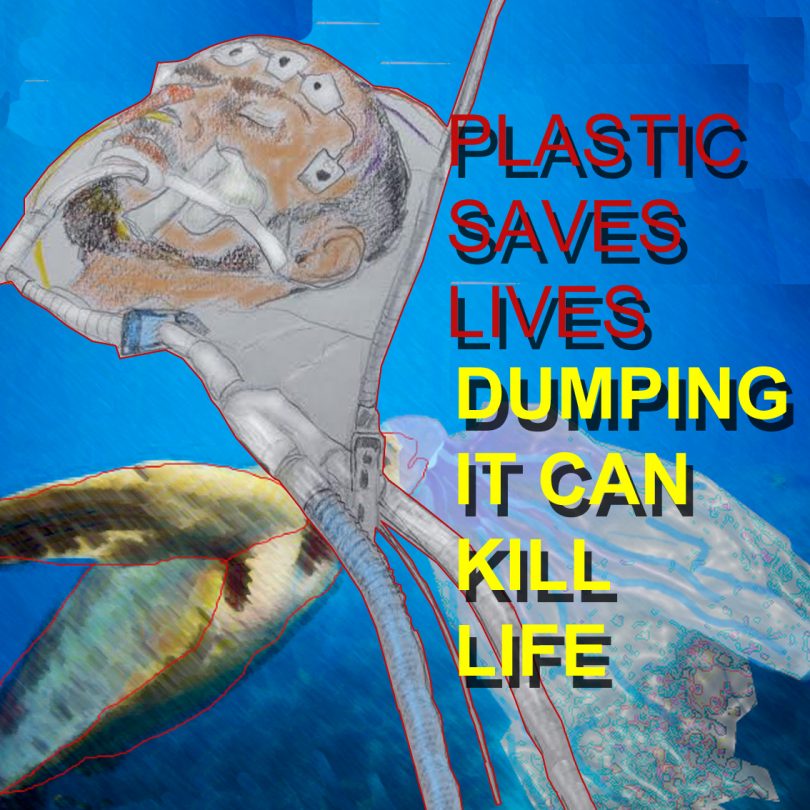
Image courtesy of Vivien Lightfoot’s son, David.












